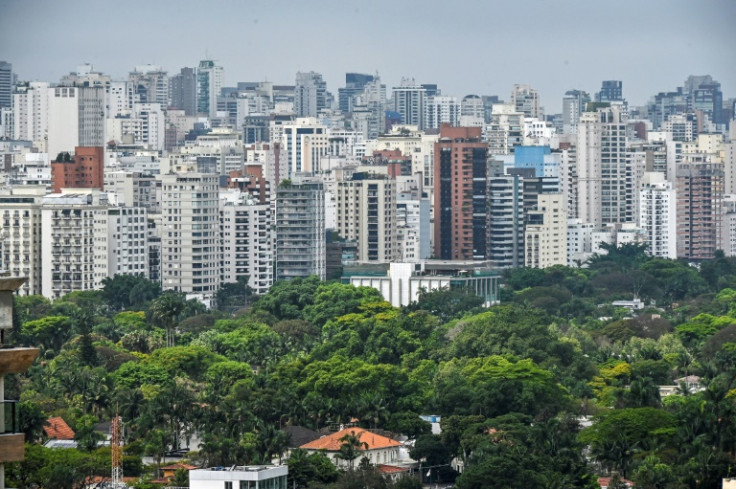
Brazil is seeking to make good on its dual goal of positioning itself as a global leader for AI technologies and leveraging the technology to make positive social and environmental impacts.
The most notable milestone in this area was the launch of President Luiz Inácio Lula da Silva's "Brazilian Artificial Intelligence Plan" (PBIA). Announced earlier this year, the PBIA will invest an estimated $4 billion into local AI programs through 2028.
Under the slogan "AI for the Good of All," the ambitious fund will not only aim to accelerate AI-powered innovations but also ensure that it supports the local needs of everyday Brazilian, including reducing social disparities and better caring for the country's natural resources.
"Through technology, we want to ensure benefits to our country and our people, and this is only possible if public authorities, civil society, and the private sector work together. The AI plan is the first result of this," Luciana Santos, Brazil's Minister of Science and Technology, said when announcing the plan.
In addition, a portion of the fund will be allocated to citizen education and development to ensure that there is both a skilled workforce and that the wider population understands how to interact with and influence AI initiatives in Brazil to ensure the country meets its return on investment (ROI) goals.
Another key goal of PBIA is building a future in which strengthens its Brazil sovereignty by reducing its reliance on imported technologies, especially considering the tense geopolitical climate around the world.
"This plan is bold and viable, robust and feasible, carried out with public investment with sovereignty and autonomy to make our country's intelligence count," the Minister added.
The investment in AI will include the upgrading Brazil's Santos Dumont supercomputer, as well as the creation a national network of AI centers across the country.
Driving AI development toward long-term goals
While some of PBIA's objectives can be tackled immediately, an example being Brazilian utility firm EDP launching an AI tool to better address climate change-related issues, other elements, like training the next generation of experts, will take longer to achieve.
AI Centers are likely to play an increasingly important role, acting as accelerators for AI projects and helping educate the public and businesses on how to effectively use the technology.
Looking at steps already taken, the Center for Artificial Intelligence (C4AI) was established in São Paulo in 2023 and has already made significant advances in areas such as natural language processing (NLP), health, and the environment. C4AI brings together public and private entities, researchers and students to create a critical mass of expertise under one roof.
Another example is the Center of Excellence for AI (CEIA), which brings together over 500 researchers to support organizations in the treatment of real and complex problems in business and beyond.
Meanwhile, plans to establish a massive data center campus in Rio Grande do Sul were announced in September 2024. Once up and running, the Scala AI City will provide the computer power needed to run the AI initiatives that contribute to Brazil's innovation goals.
Core components needed for AI Centers
AI centers have been popping up in several countries across the globe over the past years. Ranjit Tinaikar, CEO of Ness Digital Engineering, a US-based digital engineering firm that counts 11 innovation in different countries, spoke about the importance of these to further a city's growth in a recent interview with Entrepreneur Magazine.
"If you were to compare Boston, which used to be the tech center for America in the 60s and 70s, before being supplanted by Silicon Valley as a tech hub; why did that revolution happen?" Tinaikar asked.
The technology executive said that in order for that transformation to occur, Silicon Valley needed four things. First, an advanced higher education institution like Stanford University which could invest in quality, primary research. Second, it needed access to local venture capital in order to fund those ideas. The third thing the ecosystem needed was a talent pool. And finally, the fourth element was the government, which can help enact policies that make for an environment where entrepreneurs can safer take risks.
"The government does have a role to play in making these AI centers successful," he said.
Brazil's recent move toward bolstering AI initiatives could help the sector grow in the country, which sits just behind Chile on the Latin America Artificial Intelligence Index.
But it's not always as easy as enacting friendly policies. Tinaikar, the tech executive, warned that "if you don't have purely research oriented, high end research institutions, a talent hub, and a capital market that actually funds it, then in the long term it's not sustainable."
© 2025 Latin Times. All rights reserved. Do not reproduce without permission.




